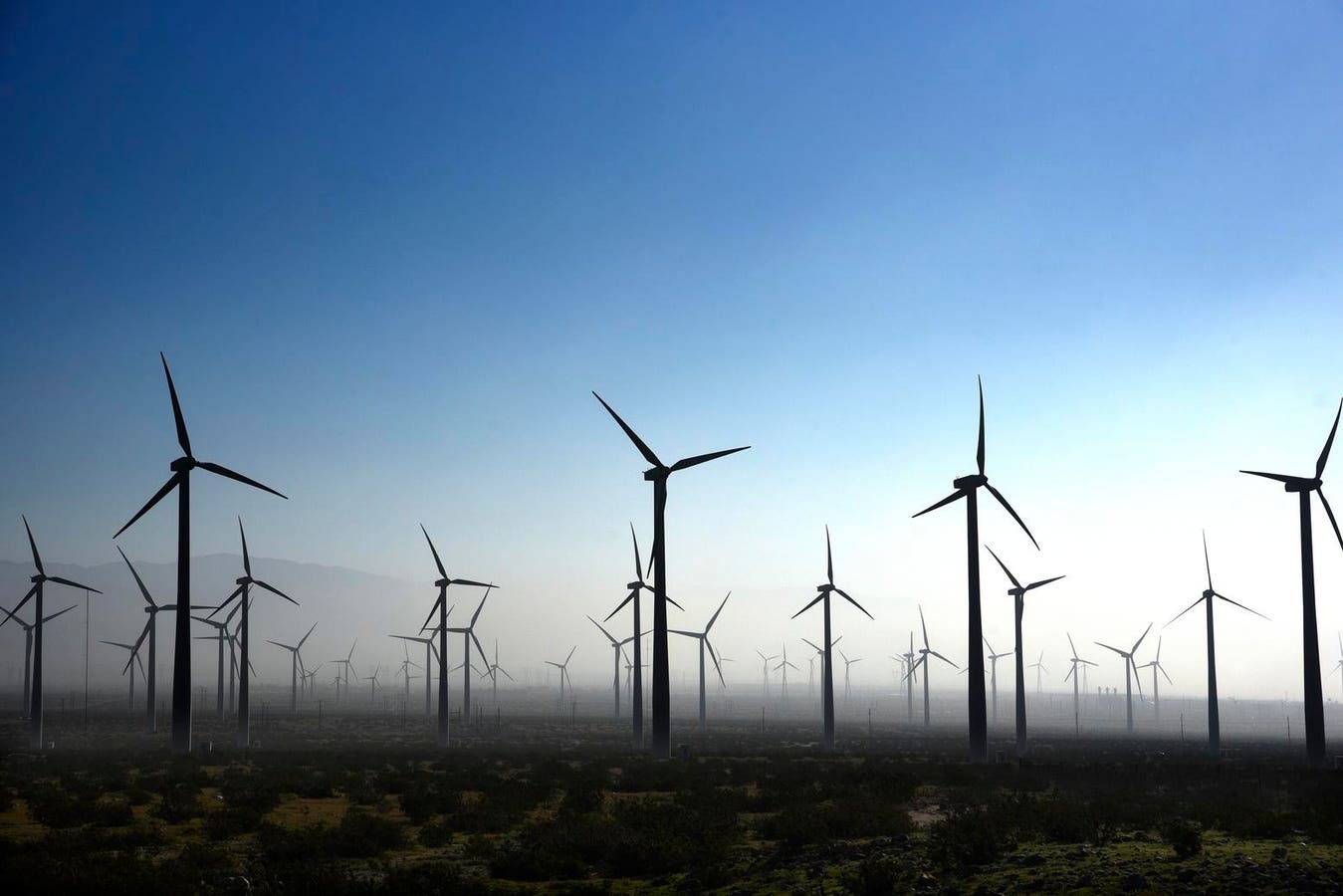By: Rhett Buttle
The Infrastructure Investment and Jobs Act, most commonly known as the Bipartisan Infrastructure Law, is a once-in-a-generation investment in our nation’s infrastructure to rebuild and upgrade numerous sectors, including in transportation and green energy. Implementing this law has been underway for nearly two years, but there are still many opportunities for small businesses to participate.
Climate change is already impacting the lives of hard working Americans across the United States. In 2022, damages from extreme weather, such as heat waves, catastrophic wildfires, and severe drought cost $165.1 billion, along with American lives and livelihoods. These disasters often hit historically underserved groups the hardest, especially low-income communities, communities of color, and people with disabilities.
The damage also guts Main Streets and indiscriminately destroys small businesses. The Maui Wildfire hit 800 businesses with about 7,000 employees, wiping out a daily total business revenue that is estimated to be $2.7 million a day. In 2021, drought in California cost the state’s agriculture industry $1.1 billion and more than 14,000 jobs.
The Bipartisan Infrastructure Law invests $1.2 trillion, including tens of billions of dollars in strengthening our country’s resilience to extreme weather and climate change, reducing greenhouse gas emissions, expanding access to clean drinking water, and building up a clean power grid. Efforts underway include reducing congestion and emissions near ports and airports and investments to protect against droughts, heat, and floods.
Since work began in 2022, funding has been administered to states and municipalities to focus on their greatest areas of need. There are too many successes to count, but here are few that give an example of the scope of this work.
Alabama: The Department of Energy has awarded $117 million to Anovion for developing
lithium batteries used in electric vehicles and critical energy storage applications. The new plant will be located in Colbert County in northern Alabama and will build 35,000 tons per annum of new synthetic graphite anode material capacity.
Wisconsin: The Environmental Protection Agency awarded $2.5 million to the Redevelopment Authority of the City of Milwaukee for a Brownfields Cleanup and Assessment Grant. Grant funds will be used to clean up a 13.7-acre site that was used for disposing industrial waste solution containing iron and sulfuric acid. It will help accelerate clean-up efforts of contaminated sites and increase economic redevelopment.
New York: More than $47 million is being provided for a new project that would provide on-site water infrastructure to 260 food-producing community gardens under the jurisdiction of New York City Parks in Bronx, Kings, New York, Queens, and Richmond counties.
Ohio: The Department of the Interior will award up to $256 million for plugging, remediating and reclaiming orphaned oil and gas wells on State and private lands, creating good jobs and spurring economic growth.
The Biden-Harris Administration and the states and cities receiving this funding cannot carry out this effort alone and are contracting with small businesses to complete these efforts. The White House has also created a one-stop shop where small businesses can learn more about the law and apply for funding at Build.gov. In addition, BuildupLocal.org aims to help small businesses understand the opportunities available for contracting under the Bipartisan Infrastructure Law.
President Biden has said that the climate crisis is a blinking code red for our nation and that we must take decisive action to tackle it. Small business owners have an opportunity to take part in this much-needed effort, while also setting themselves up for future contracting opportunities.
Read the full article here





